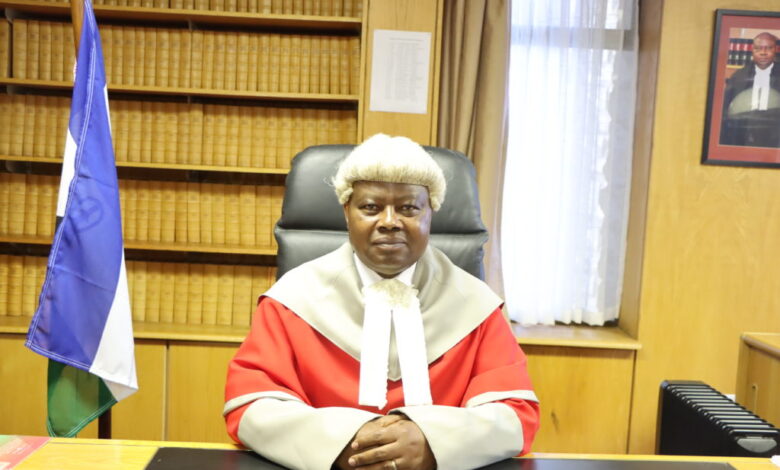Parties Directed to Prepare Heads: High Court Ruling on LEC Board Challenge

On Monday, the High Court of Lesotho, led by Chief Justice Sakoane Sakoane, instructed the parties involved in a significant legal challenge concerning the Board of Directors of the Lesotho Electricity Company (LEC) to prepare and submit heads of argument that specifically address the issue of urgency. This ruling comes in the wake of a case initiated by the board members, who are contesting their removal from office.
The board members filed their application following the receipt of show cause letters on August 27, 2024, from the Minister of Energy. These letters required them to justify why the board should not be dissolved by August 29, 2024. The situation has raised concerns regarding the legality of the minister’s actions and their implications for corporate governance within the LEC.
Advocate Tekane Maqaqachane, the legal representative for the applicants, contends that the Minister of Energy is unlawfully wielding ministerial and political powers in a manner that contravenes the provisions of the Companies Act, specifically section 50 in conjunction with section 73. Maqaqachane argues that the minister lacks the authority to interfere in the management of the LEC, emphasizing that the Board is entitled to operate without such interference.
The outcome of this case could have significant implications not only for the LEC but also for the broader landscape of corporate governance in Lesotho, particularly regarding the relationship between government authorities and state-owned enterprises. The court’s directive for heads of arguments will allow for a focused examination of the urgency of the matter, setting the stage for a more comprehensive legal review.
As the situation develops, the stakes remain high for the board members, the minister, and the overall governance of the Lesotho Electricity Company. The court’s upcoming deliberations will be crucial in determining whether the minister’s actions will be upheld or deemed unconstitutional, potentially reshaping the framework of corporate governance in Lesotho’s energy sector.




